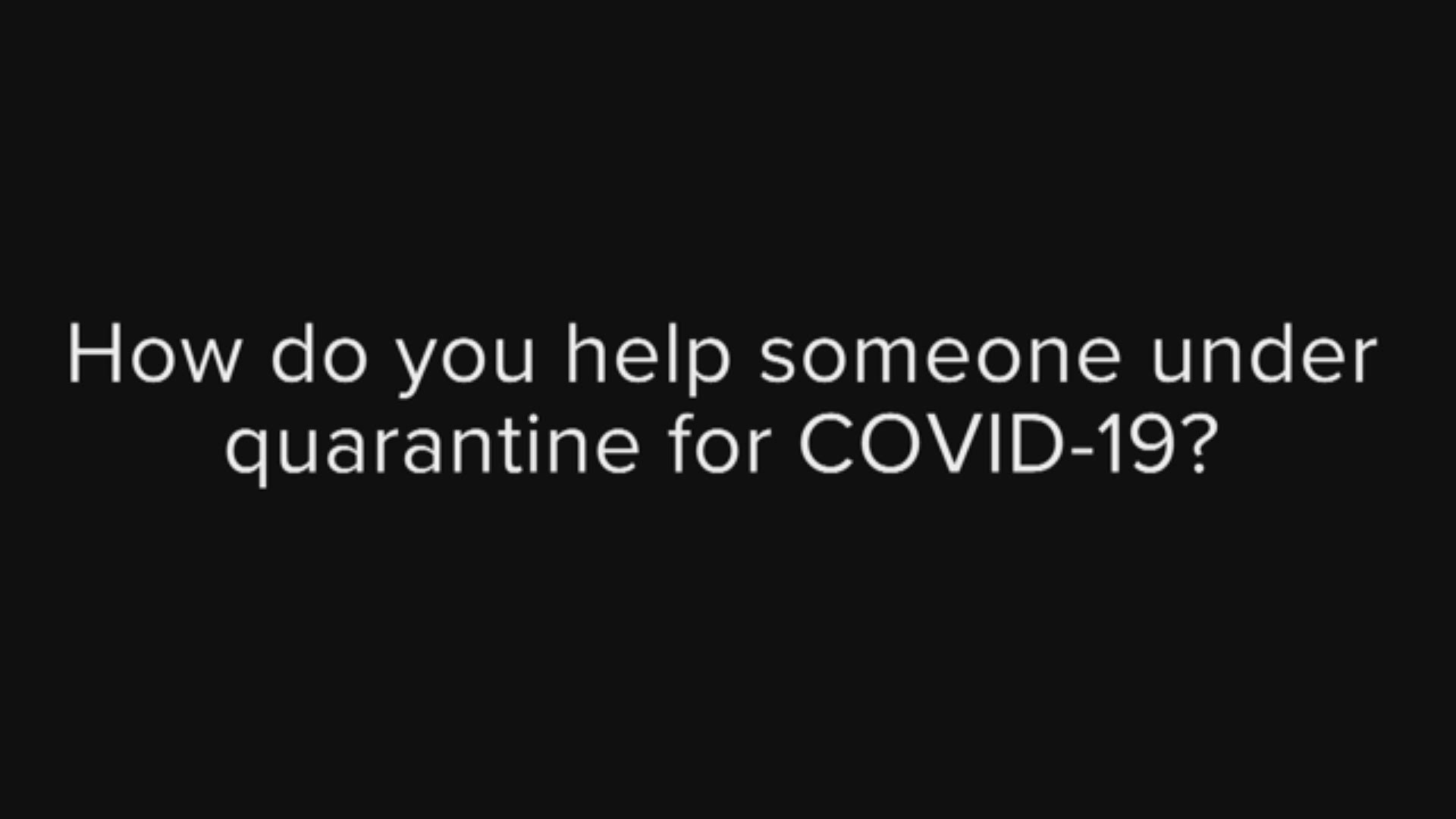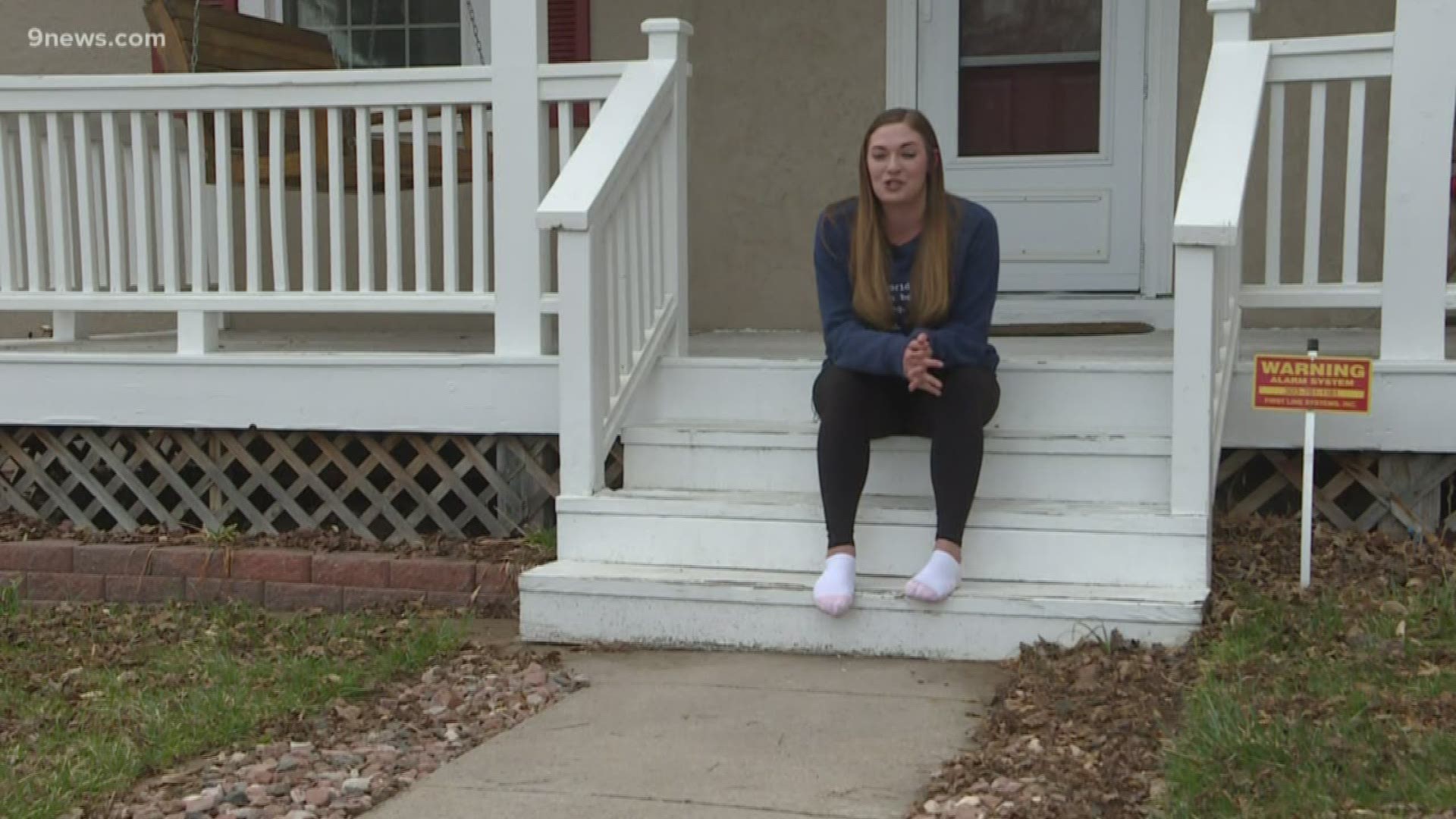DENVER — There have now been numerous presumptive positive cases of the new coronavirus (COVID-19) confirmed in Colorado. And this means that more and more people who come into contact with them will either enter self-quarantine or isolation.
Watching a loved one go through this can make you feel powerless, but there are ways to help. We asked 9Health Expert Dr. Payal Kohli what a healthy person can do for a friend or family member who is either sick or has been exposed to the disease.
“It’s tough, it’s a hard situation to be in,” she said.
One distinction worth making before we go any further? A person in isolation is sick, and kept alone so they don’t spread a disease. A person in quarantine, meanwhile, is healthy but has been exposed to someone who has COVID-19.
In both cases, Kohli said to limit contact. Here are her other dos and don’ts.
Do: Help deliver groceries
A person in isolation or quarantine can’t go to the grocery store themselves. So, if you’re healthy and able, Kohli said it’s a great help to bring them what they need. There is a caveat though.
Don’t: Bring the groceries inside their house
Kohli said it’s best to leave the groceries on the doorstep. Otherwise, it would defeat the purpose of a quarantine.
Do: Help walk their dog
At this point, there’s no evidence that animals can get COVID-19. This means that it’s helpful to take care of someone’s animals while they are isolated at home.
With that being said, the rule about avoiding contact still applies.
Do: Use technology to keep them company
In the case of COVID-19, a person can be under quarantine for two weeks. During that time, Kohli encourages Facetiming and call them so they know they’re not alone.
“It’s nice that you can call them, stay in touch with them,” she s aid.
Don’t: Go check on them in person
If you don’t hear from someone you love in quarantine or isolation for a period of time and you become concerned, Kohli said it’s better to call ambulance
“The first responders are well-prepared and can interact with someone under self-quarantine,” Kohli said.
Do: Keep a distance even if they aren’t displaying symptoms
COVID-19 can be without symptoms for five days, meaning even if someone under quarantine doesn’t seem sick, they could still carry the disease.
That’s why Kohli said it’s important to keep your distance for the duration of the quarantine. She said day 12 if someone isn’t displaying symptoms of COVID-19, they’re likely in the clear.
“It’s always better to exercise precaution rather than regret,” she said.
MORE COVID-19 COVERAGE:
RELATED: Coronavirus live updates: WHO classifies coronavirus as a pandemic, Trump to address nation
SUGGESTED VIDEOS: COVID-19 Coronavirus


